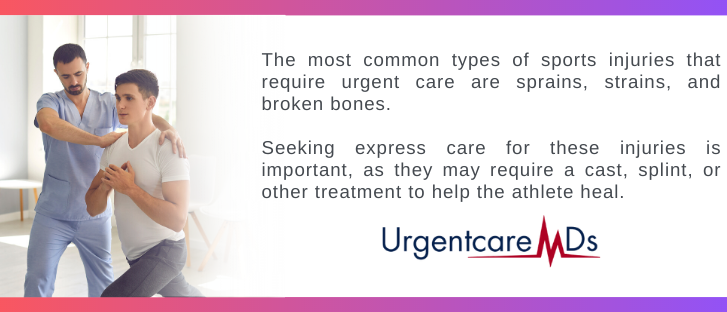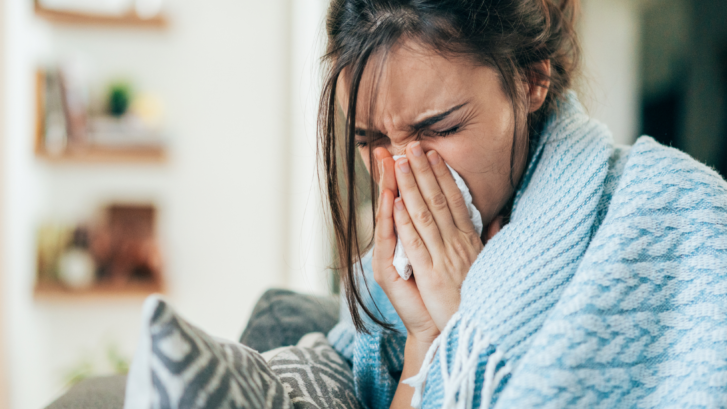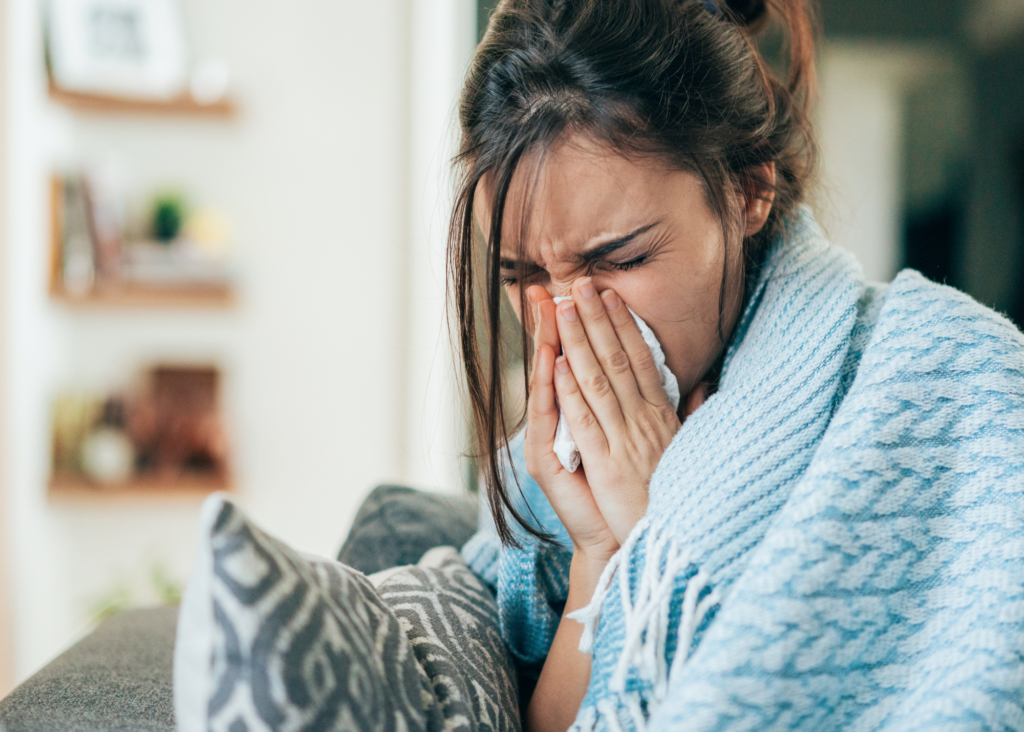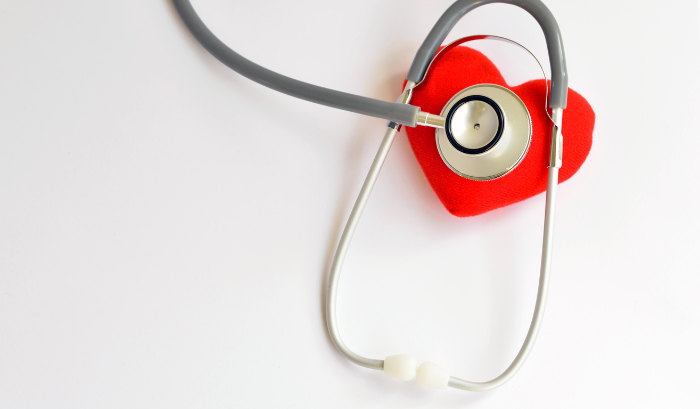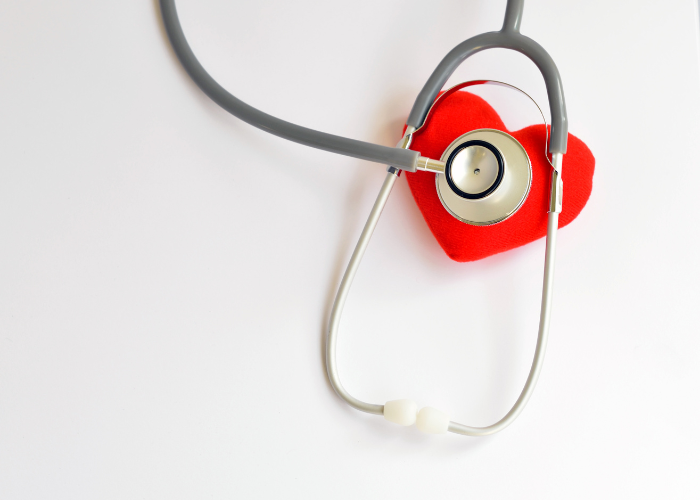Sports Injuries: Should You Head to Urgent Care Right Away?
Sports injuries are a major public health concern in the United States. According to the Centers for Disease Control and Prevention (CDC), approximately 8.6 million sports-related injuries occur each year, with more than 2.6 million of those injuries requiring medical attention. The most commonly reported injuries are sprains, strains, fractures, and contusions. In addition, traumatic brain injuries and concussions have become a major focus of research and prevention efforts.
If you or a loved one is suffering from a sports injury and you are uncertain about whether you should head to urgent care right away or ER, read this blog post about sports injuries and when to visit an urgent care doctor.
We’ll cover the warning signs that indicate you should seek immediate care right away, as well as the potential benefits of visiting an urgent care. So, if you’re looking for answers to those questions, this is the blog post for you!
What are the most common sports injuries?
Sports injuries are a common occurrence for athletes of all ages and skill levels. Knowing the most common types of sports injuries can help you take steps to prevent them and ensure a safe and enjoyable athletic experience.
The most common sports injuries include:
- Sprains and strains
- ACL tears
- Rotator cuff injuries
- Shin splints
- Concussions
- Dislocations
- Stress fractures
- Tennis elbow
- Achilles tendonitis
- Groin pulls
What are the causes of sports injuries?
Sports injuries occur when a person is engaging in physical activity, such as playing a sport. They can range from minor to serious and can affect any part of the body. It is important to be aware of the causes of sports injuries so that you can take steps to reduce the risk of getting injured.
- Insufficient warm-up or stretching
- Not using the correct technique
- Improperly fitted equipment
- Overuse or repetitive motion
- Poor physical condition
- Lack of rest and recovery
- Poor nutrition
- Unsafe environment or playing surface
- Poor coaching or instruction
- Overly aggressive or reckless play
What are the signs and symptoms of sports injuries?
Sports injuries are a common occurrence among athletes of all levels, from recreational to professional. They can range from minor aches and pains to more serious injuries that require immediate medical attention. The signs and symptoms of a sports injury vary depending on the type of injury and its severity.
- Pain
- Swelling
- Bruising
- Tenderness to the touch
- Reduced range of motion
- Popping or snapping sensation during movement
- Weakness or instability
- Numbness or tingling
- Difficulty bearing weight or walking
- Instability
- Inability to move a joint without pain
Don’t ignore your symptoms. Keep in mind that the sooner you receive a diagnosis and treatment, the sooner you’ll heal and return to play. Urgent Care MDs is a full-service, extended-hours urgent care center that aims to provide quality health care delivered in a professional, convenient, and timely manner.
What are the benefits of prompt medical attention for sports injuries?
Having an active lifestyle is important, both in terms of physical and mental health. However, engaging in physical activities can lead to sports injuries, which can be very serious. That’s why it’s so important to get prompt medical attention when these types of injuries occur.
Here are some of the benefits of prompt medical attention for sports injuries:
- Reduced risk of complications
Prompt medical attention can help reduce the risk of long-term complications associated with sports injuries, such as chronic pain, joint stiffness, and impaired flexibility.
- Quicker recovery
Timely medical care can enable a quicker recovery, allowing athletes to get back on the field and resume their sports activities sooner.
- More accurate diagnosis
Early medical attention can help provide a more accurate diagnosis of the injury, allowing the athlete to receive the most appropriate treatment.
- Improved performance
Prompt medical attention can help athletes prevent further injuries and improve performance.
- Prevention of more severe injuries
Early medical attention can help prevent more severe injuries, such as fractures and tissue damage, from occurring.
When should I seek urgent care for sports injuries?
When it comes to sports injuries, it’s important to know when to seek urgent care. Some injuries, such as a broken bone, are obviously more serious than others, but many sports-related injuries require medical attention. Unfortunately, many athletes choose to ignore their injuries until the pain becomes too severe or the situation worsens.
If an athlete has sustained a head or neck injury, it is important to seek emergency care immediately. Even if the athlete doesn’t experience any symptoms, there may still be a risk of serious injury or even death.
Overall, it’s important to seek urgent care for any sports-related injuries that cause pain, swelling, or difficulty moving the affected area. Ignoring these injuries can lead to long-term damage or even death, so it’s important to get medical attention as soon as possible.
What are the best urgent care services for sports injuries?
Whether you’re a professional athlete or an amateur weekend warrior, you can benefit from the specialized care offered by an urgent care facility. UrgentCare MDs is your best choice for urgent medical needs. We offer treatment for minor emergencies, and acute illnesses and injuries.
If you are suffering from a sports injury, the last thing you want to do is wait days or weeks to see a doctor. When you visit an urgent care facility like UrgentCare MDs, you can get the diagnosis and treatment you need right away. These facilities are designed to provide quick, effective treatment to get you back in the game as soon as possible.
Using an urgent care facility for your sports injury can help you get back on the field faster. We are equipped with advanced diagnostic tools to accurately diagnose your injury and provide the most effective treatment.
Visit an urgent care in Baytown for sports injury treatment
Are you searching online for “urgent care near me”? Urgent Care MDs has experienced primary care doctors that provide fast, quality care for all types of sports injuries.
Don’t let a sports injury sideline you; visit our clinic at Urgent Care MDs for the treatment you need. We also provide treatments for work-related injuries, neck or muscle pain, sprains and strains, infections, and other medical illnesses.
Visit one of our clinics near you:
Make an appointment today for the urgent care you need!
***
The material contained on this site is for informational purposes only and DOES NOT CONSTITUTE THE PROVIDING OF MEDICAL ADVICE, and is not intended to be a substitute for independent professional medical judgment, advice, diagnosis, or treatment. Always seek the advice of your physician or other qualified healthcare provider with any questions or concerns you may have regarding your health.

